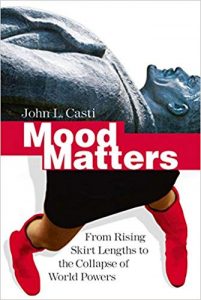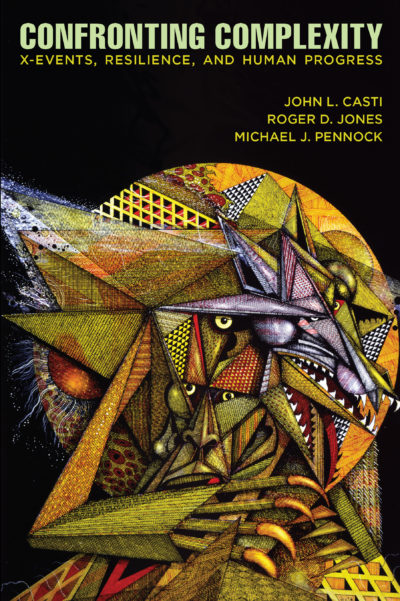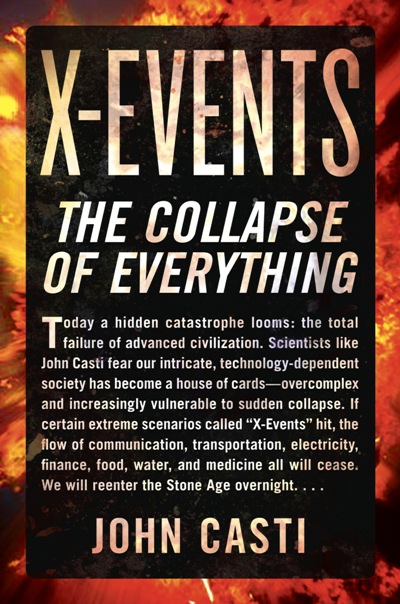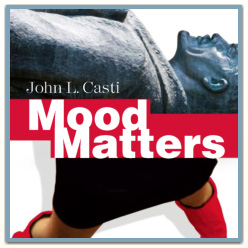Brief

- You could predict which incumbent presidents would win or lose re-election?
- You could predict which genres of pop stars would next rule the airwaves and movie screens?
- You could predict the ups and downs of the economy?
- You could identify the peaks in popularity for major sports, like baseball and basket¬ball?
- You could predict the next big thing in fashion?
- You could predict when a country would be peaceful and when it would be beset with labor strikes, protest demonstrations and war?
- How much would this ability be worth to companies, governments, cultural leaders and every person affected by such events?
Conventional Error
It is no accident that “futurists” of all types (including economists and political analysts) fail at prediction. They get excited at major peaks in society and predict all kinds of wonderful things at the very moment a downturn is imminent. Then they get cynical at major bottoms in society and predict doom and gloom when in fact an upturn is just around the corner. As a result,
- Investors take risks at major tops and pull in their horns at major bottoms-just when they should be doing the opposite.
- Armies are bloated and girded for battle when no wars occur and find themselves dilapidated and unprepared when wars break out-just when they should be doing the opposite.
- Governments spend too much money in boom times and have no money to spend in bad times-just when they should be doing the opposite. Clearly the failure of futurists to anticipate change, indeed their long record of pre¬dicting pretty much the opposite of what actually occurs, has immense social and personal costs.
The problem with almost all social prediction is that it is based upon the extrapolation of present trends into the future. It always fails. Why? Because trends change. There has never been a useful approach to anticipating changes in social trends-until now.
All that is wrong with social prediction today is due to one simple error: the pre¬sumption that “events” cause social moods and trends. This assumption, in fact, like the predictions it produces, is exactly backward.
The Solution
Most people think that the outcome of elections causes the mood of the country to change. The opposite is true: The mood of the country determines the outcome of elections.
Most people think that a plethora of happy popular music on the charts makes the public happy and that a plethora of depressing popular music on the charts makes the public depressed. The opposite is true: A happy public pushes happy songs up the charts, and a depressed public pushes depressing songs up the charts.
Most people think that a productive economy makes people optimistic and that an unproductive economy makes people pessimistic. The opposite is true: Optimistic people make a productive economy, and pessimistic people make an unproductive one. Most people think that peace makes people content and tolerant while wars make people angry, fearful and patriotic. The opposite is true: Content and tolerant people make peace, while angry, fearful and patriotic people make war.
It sounds so simple, yet no one in the social sciences has made this case-until now. Mood Matters tells the story of why human events happen the way they do and not some other way, showing how it is the collective mood of a population, its social mood, that biases the events that we can expect to see. If you want to understand how information flows from the individual human impulse to herd together in groups to the overall social mood in a population that gives rise to events, read this book!
(Adapted from private correspondence with Robert Prechter)







